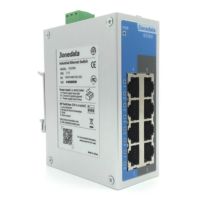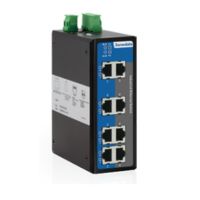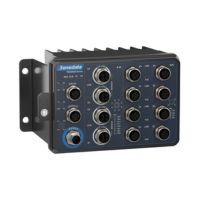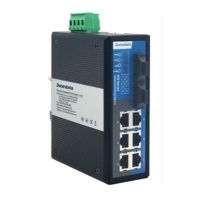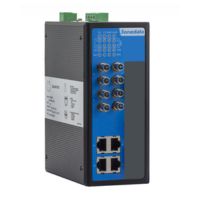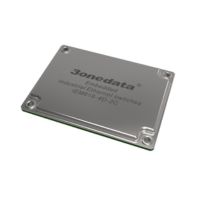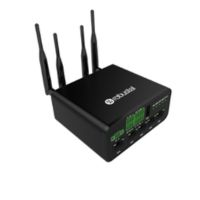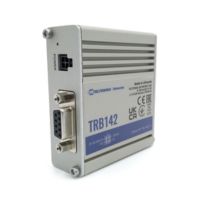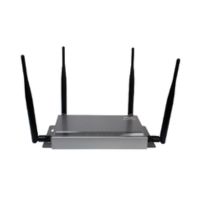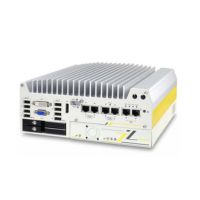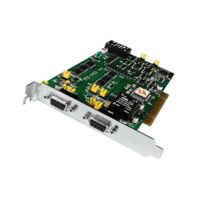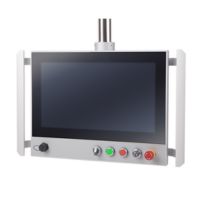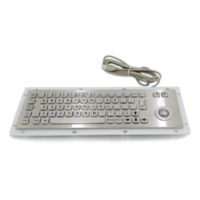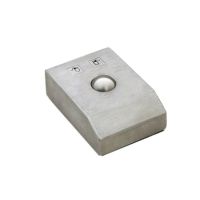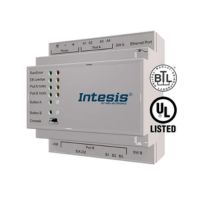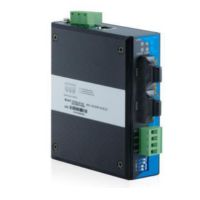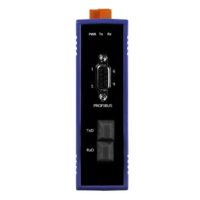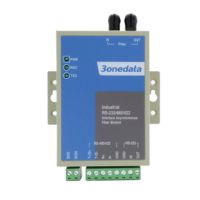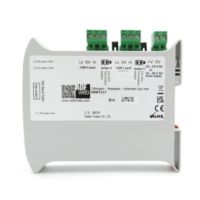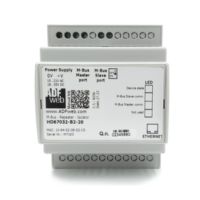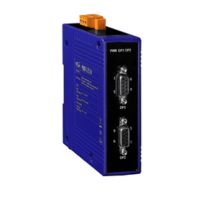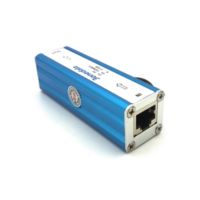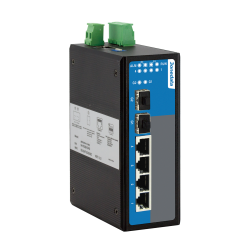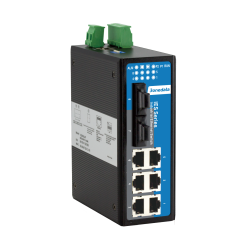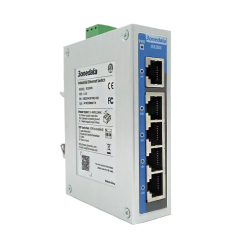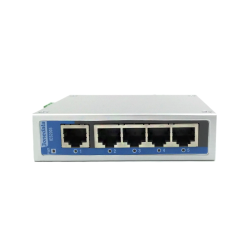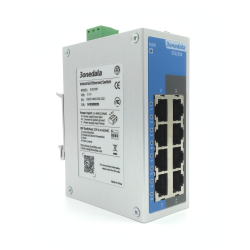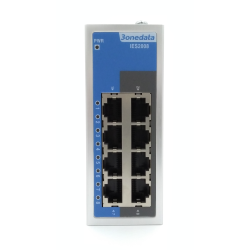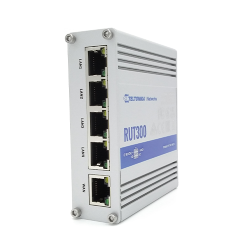When do you need a switch? The 5 most important reasons
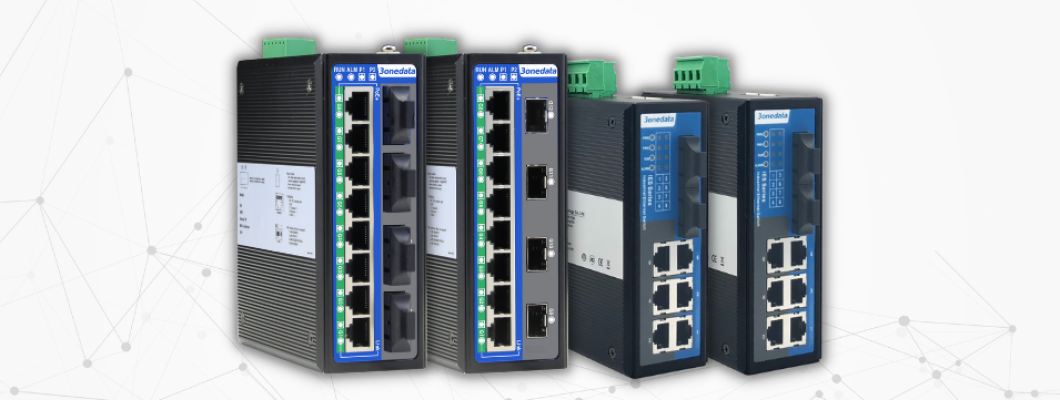
In today's digital world, computer networks play a key role in both homes and businesses. One of the fundamental elements of such networks is a switch, so let's think about
1. Expansion of the local network (LAN)
Increasing the number of ports: Many home routers have a limited number of Ethernet ports (usually 4). When the number of wired devices exceeds the available ports, a switch becomes necessary. It allows you to connect more computers, printers, servers or other network devices to one network.
Scaling the network in the office: In an office environment, where the number of devices is much larger than at home, a switch allows you to easily scale the network. This allows you to connect hundreds of devices, which is crucial in large organizations.
2. Improving network performance
Network Segmentation: The Switch allows for network segmentation, which means that network traffic can be managed more efficiently. For example, data transferred between two computers connected to the same switch does not have to go through a router, which reduces network load and improves performance.
Collision reduction: In older hub-based networks, all devices shared the bandwidth and could cause data collisions. The switch eliminates this problem by enabling collision-free communication thanks to a dedicated band for each port.
3. Network traffic management
Traffic prioritization (Quality of Service, QoS): Advanced managed switches offer features such as QoS that allow you to prioritize network traffic. This helps ensure that key applications such as VoIP (Voice over IP) and video streaming run smoothly without interruption.
Monitoring and control: Managed switches offer advanced tools for monitoring network traffic, detecting problems and managing bandwidth. This allows network administrators to quickly identify and resolve problems.

4. Increasing network security
Virtual Local Area Networks (VLANs): Managed switches allow you to create VLANs, which allows you to segment your network into logical parts. This allows you to separate the traffic of different company departments, which increases security and reduces the risk of unauthorized access to sensitive data.
Access control: Advanced switches offer access control features such as 802.1X, which enable authentication of devices connecting to the network, further increasing security.
5. Facilitate central management
Central management: In large networks where multiple switches are used, central management allows you to easily monitor and configure all devices from one place. This greatly simplifies network management and shortens response time to problems.
Easy to expand: Modular switches allow you to add new modules, making it easier to expand your network without having to replace the entire device.
Switches play a key role in the expansion and management of modern computer networks. They are necessary wherever a larger number of ports is needed, improved performance, traffic management, increased security and facilitating central network management. Choosing the right switch, tailored to the needs of a specific network, allows for optimal use of resources and ensures reliable operation of the network infrastructure. Just when you need a switch, there is a need to increase ports and expand the network, which is why it is such an essential element.

